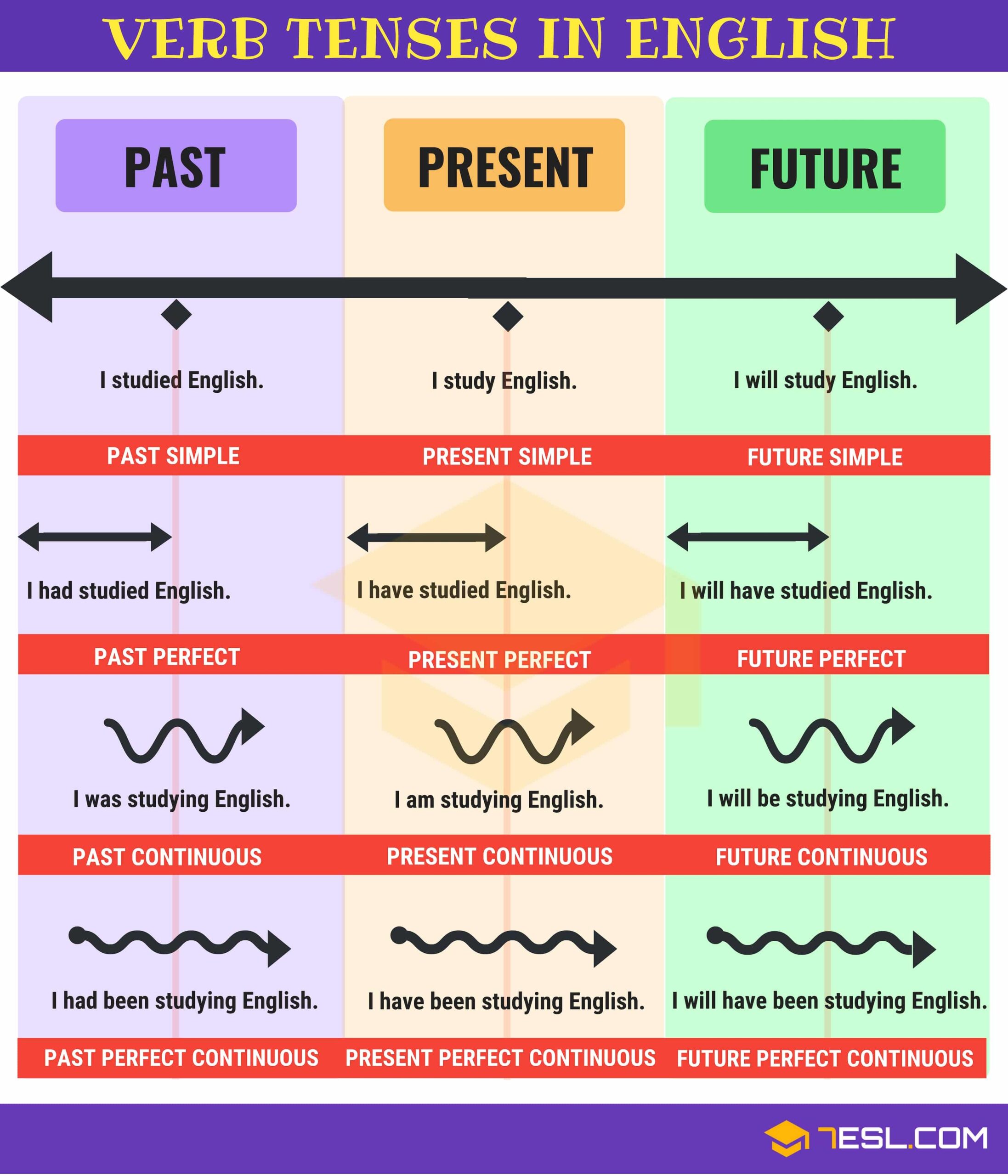Verb tenses play a crucial role in the English language as they help us indicate the time of an action or event. By using different verb tenses, we can convey whether something happened in the past, is happening in the present, or will happen in the future. Understanding and using verb tenses correctly is essential for effective communication.
Whether you are writing an essay, having a conversation, or reading a book, being able to recognize and use the appropriate verb tense is key to ensuring clarity and accuracy in your language. Let’s delve deeper into the world of verb tenses and explore their various forms and functions.
Verb Tenses
There are three main verb tenses in English: past, present, and future. Each tense has various forms that indicate different aspects of time and duration. The past tense is used to talk about actions that have already happened, the present tense is used for actions happening now, and the future tense is used to refer to actions that will occur later.
Within each of these main tenses, there are also progressive, perfect, and perfect progressive forms that add further nuance to the timing and completion of actions. For example, the present progressive tense is used to talk about actions that are currently in progress, while the past perfect tense is used to indicate actions that were completed before a certain point in the past.
It is important to note that verb tenses can also be used to convey attitudes, beliefs, and hypothetical situations. For instance, the conditional tense is used to talk about events that are dependent on certain conditions being met, while the subjunctive mood is used to express wishes, suggestions, or possibilities that may or may not come true.
Mastering verb tenses can be challenging, especially for non-native speakers, but with practice and exposure to different contexts, you can gradually improve your understanding and usage of verb forms. Reading books, watching movies, and engaging in conversations with native speakers are all excellent ways to enhance your grasp of verb tenses and become more confident in your language skills.
In conclusion, verb tenses are fundamental building blocks of the English language that enable us to convey time, duration, and attitudes in our communication. By learning to use different verb forms effectively, you can enhance your writing, speaking, and overall language proficiency. So, next time you sit down to write or speak, pay attention to the verb tenses you are using and strive for accuracy and clarity in your expression.
